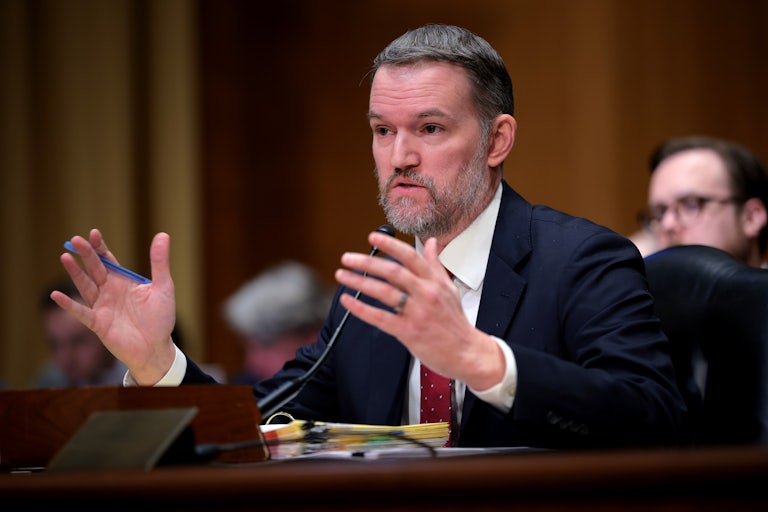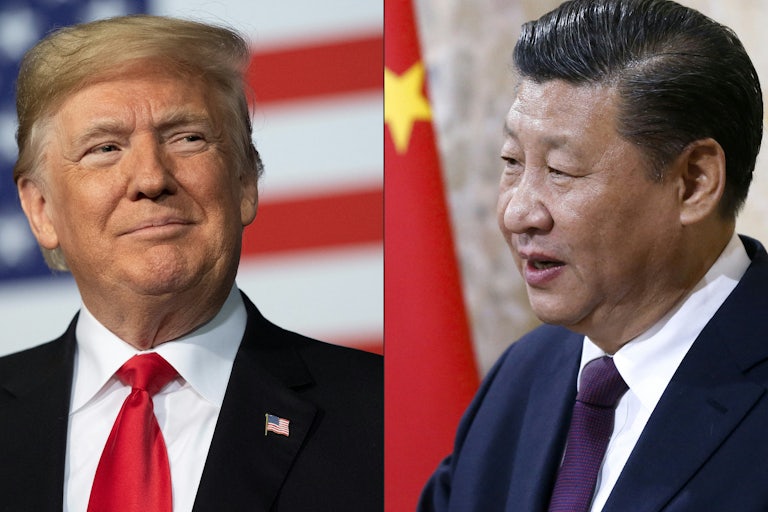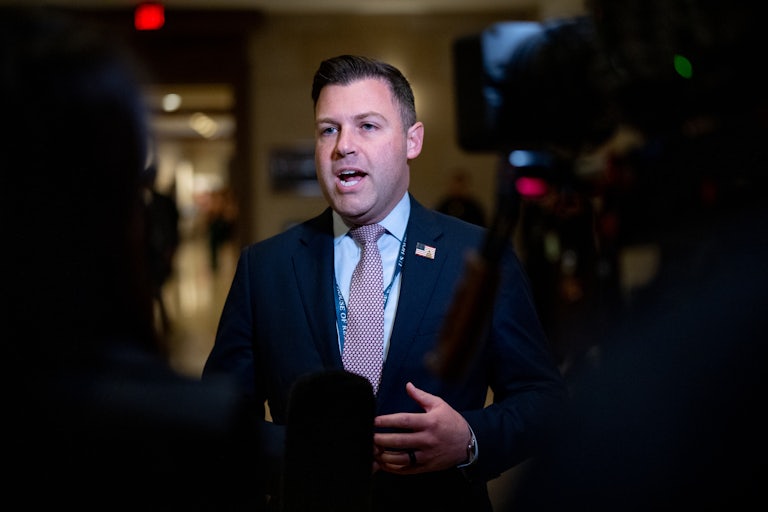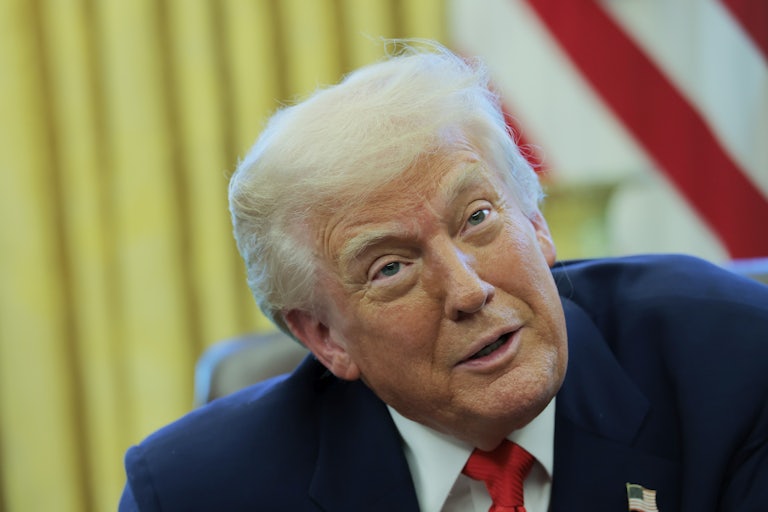Trump DOJ Fights Judge on Returning Wrongly Deported Man
Rather than actually work to get Kilmar Abrego Garcia back, the Trump administration is choosing to make lame excuses.
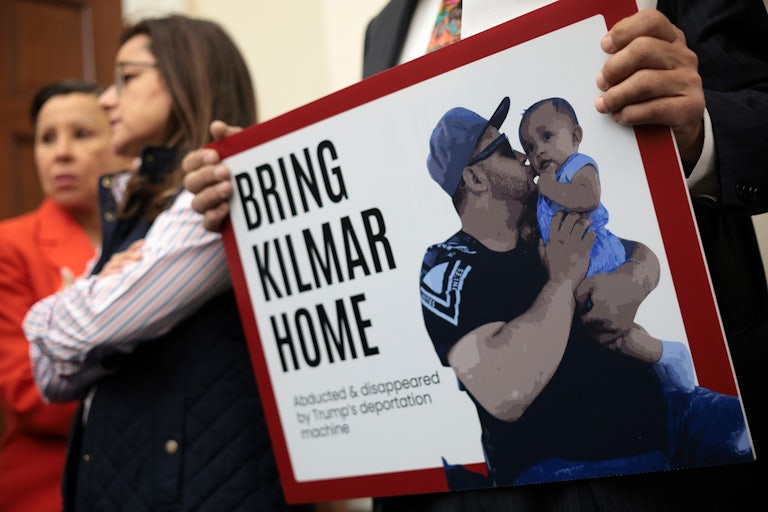
The Department of Justice offered a flimsy excuse Friday for why it couldn’t comply with an order to present plans to return the Maryland father wrongly deported to a notorious prison in El Salvador.
The Supreme Court upheld an order from U.S. District Judge Paula Xinis Thursday night directing the DOJ to deliver plans to the court by 9:30 a.m Friday morning “to facilitate and effectuate” the return of Kilmar Abrego Garcia.
Lawyers for the DOJ asked to have the hearing delayed to provide time to “evaluate” the Supreme Court’s order. When the clock elapsed on the government’s deadline, lawyers for Abrego Garcia argued that the DOJ had no excuse for being unprepared because it already had been under order to deliver their plans before Chief Justice John Roberts issued a stay on the order on Monday. Xinis granted the government’s request for an extension, which then elapsed again.
Finally, in a brief two-page filing Friday, lawyers for the government claimed that the court had set an “impractical” deadline and that they had been provided “insufficient” time to draw up plans.
The lawyers claimed that they didn’t fully understand Xinis’s order (“The Court has not yet clarified what it means to ‘facilitate’ or ‘effectuate’ the return,”) and that their perfect compliance with Roberts’s stay had prevented them from doing their homework.
The Supreme Court had instructed Xinis to clarify “the intended scope of the term ‘effectuate’” and warned that it “may exceed the District Court’s authority.” But the high court ruled that Xinis had “properly” ordered the government to facilitate Abrego Garcia’s return.
In its insistence not to share its plan going forward, the government completely ignored Xinis’s request to share “what it can concerning the steps it has taken” prior to the order, according to Kyle Cheney, Politico’s senior legal correspondent.
“Defendants are not in a position where they ‘can’ share any information requested by the Court. That is the reality,” the government’s lawyers wrote in its filing, arguing that the order had come in too late in the evening Thursday.
“Foreign affairs cannot operate on judicial timelines, in part because it involves sensitive country-specific considerations wholly inappropriate for judicial review,” the DOJ added.
